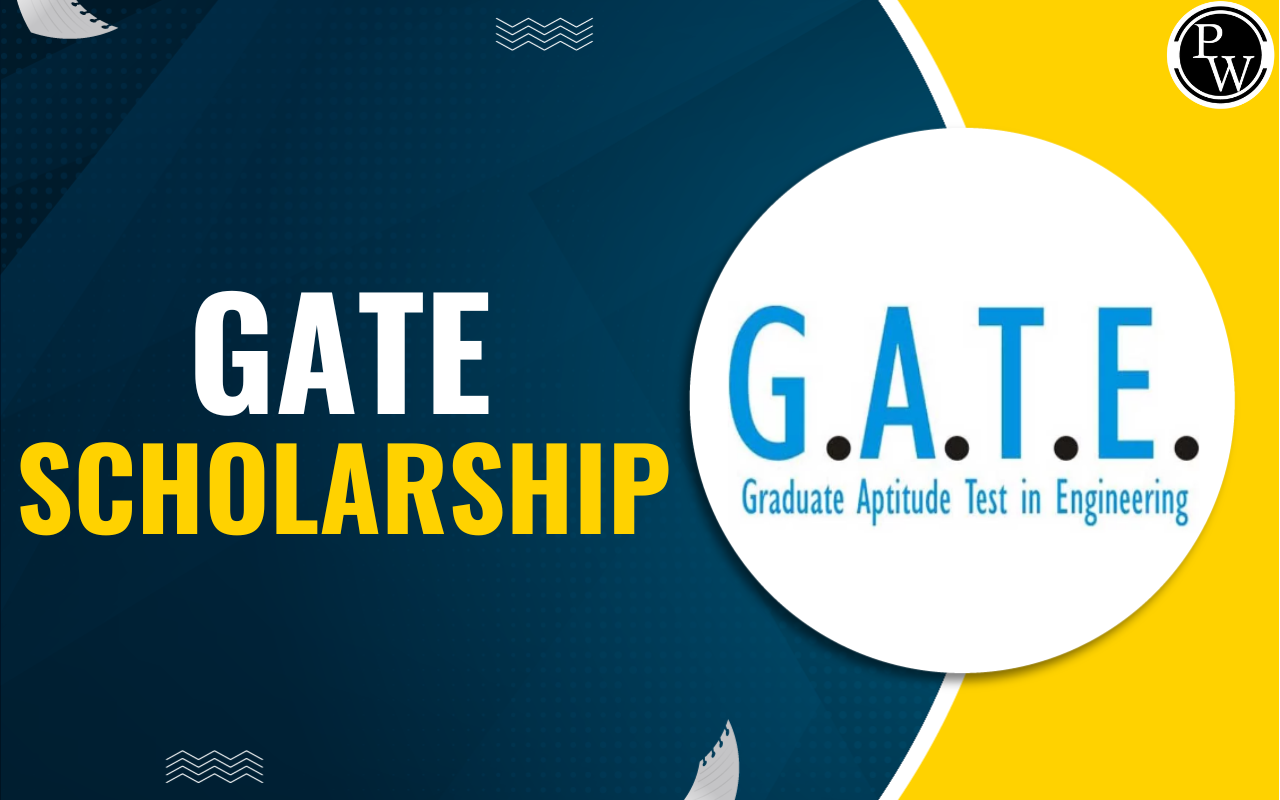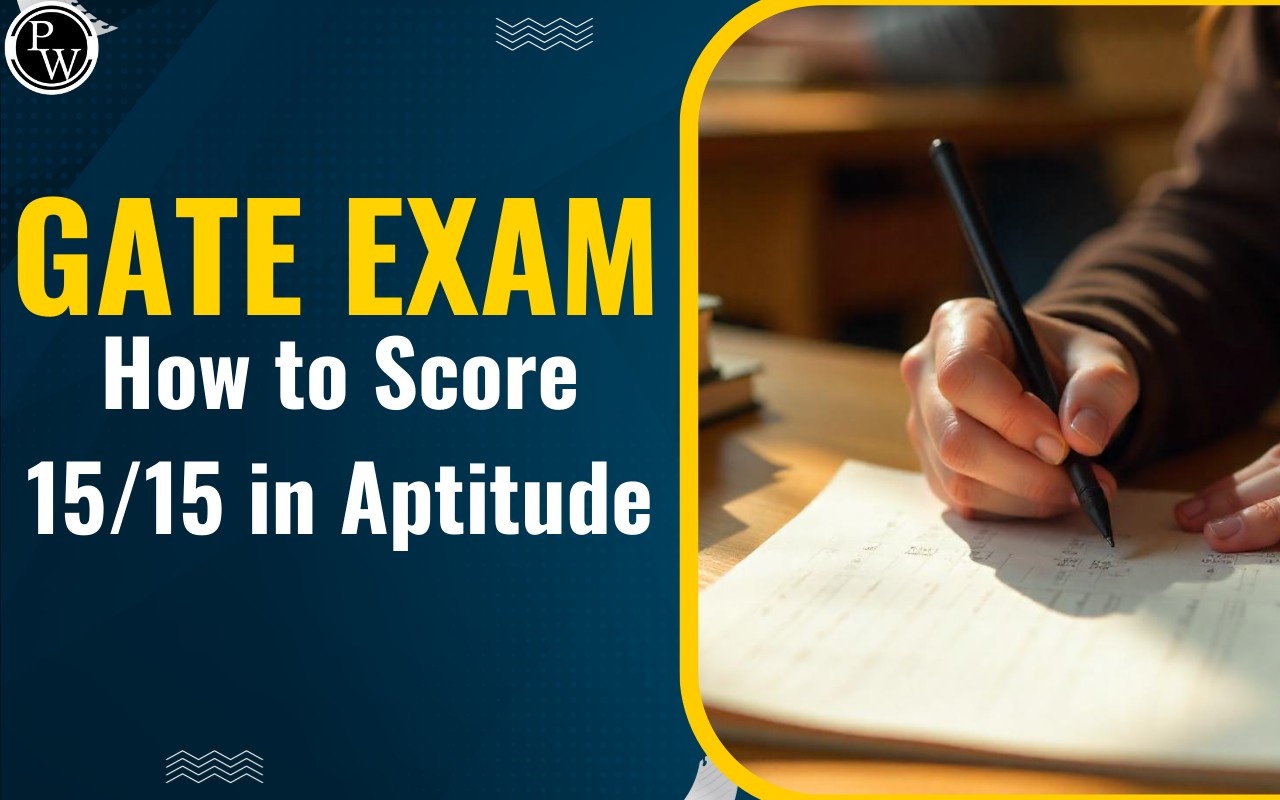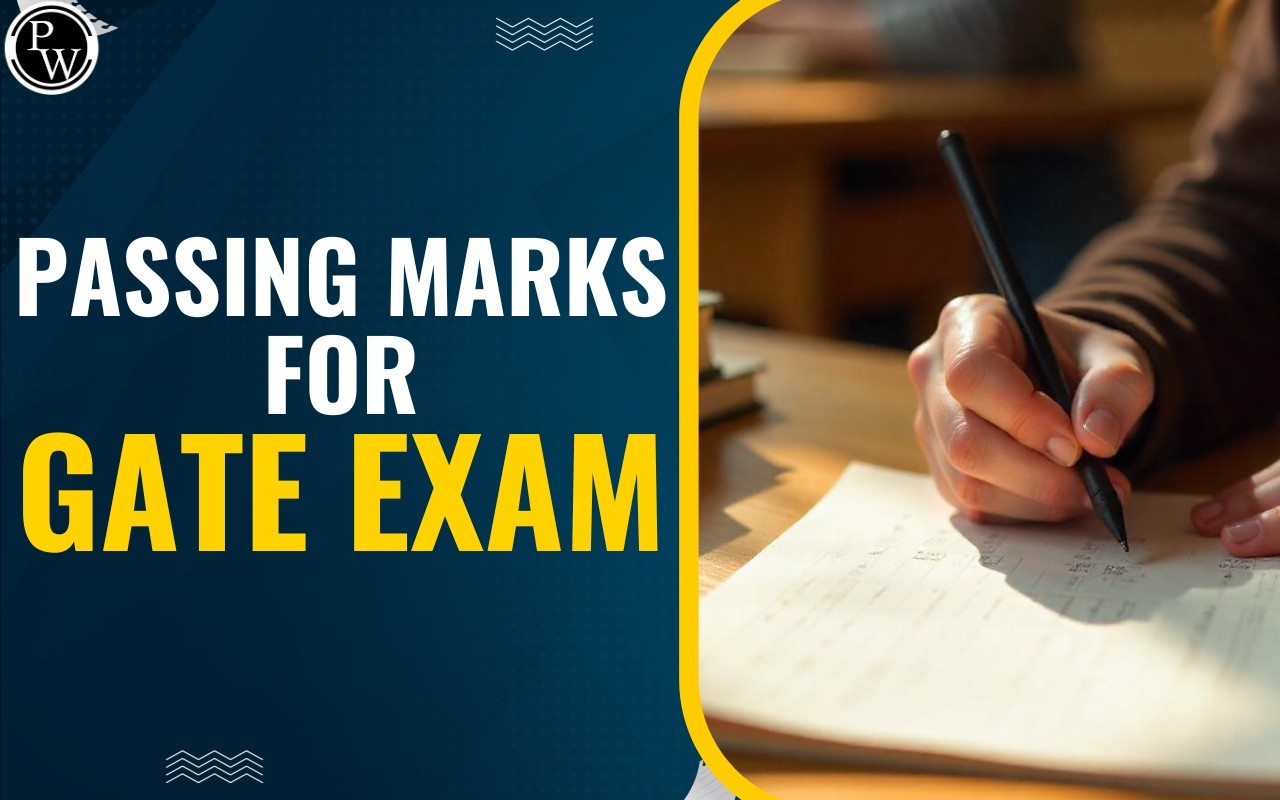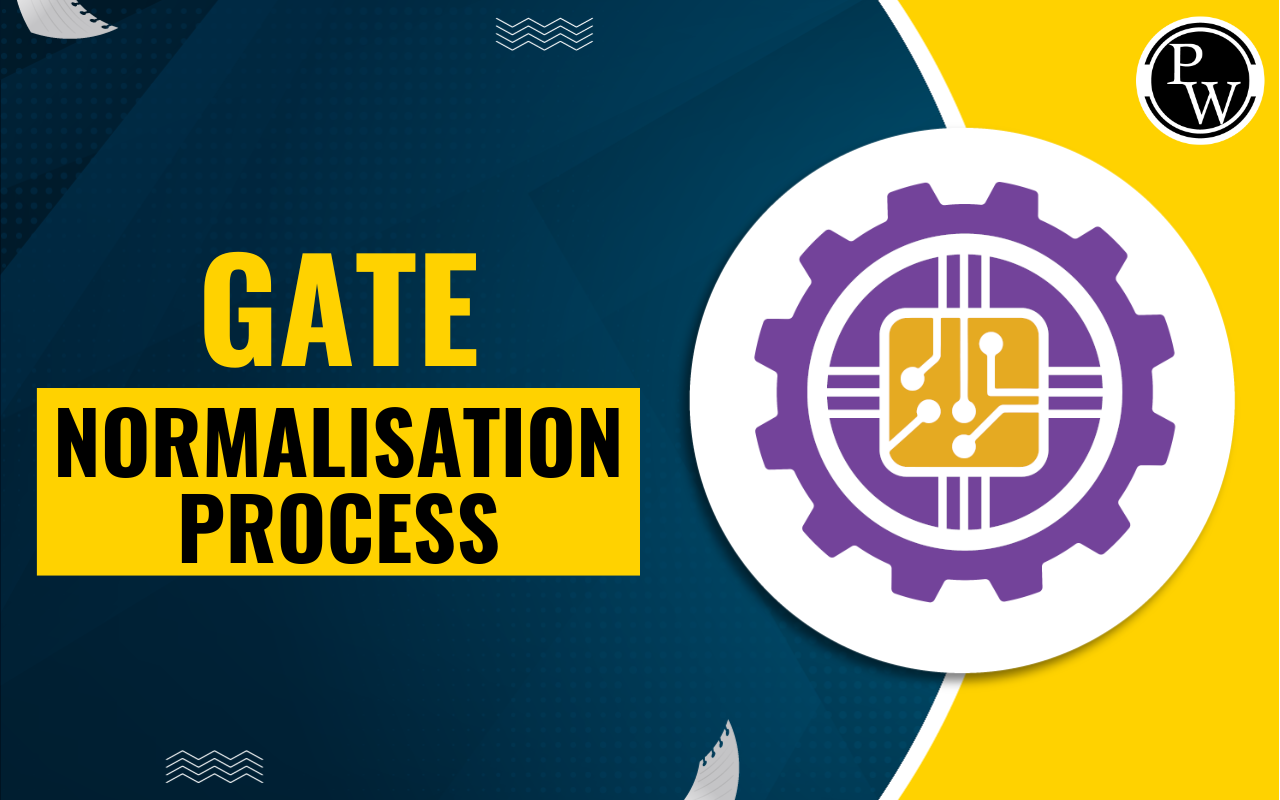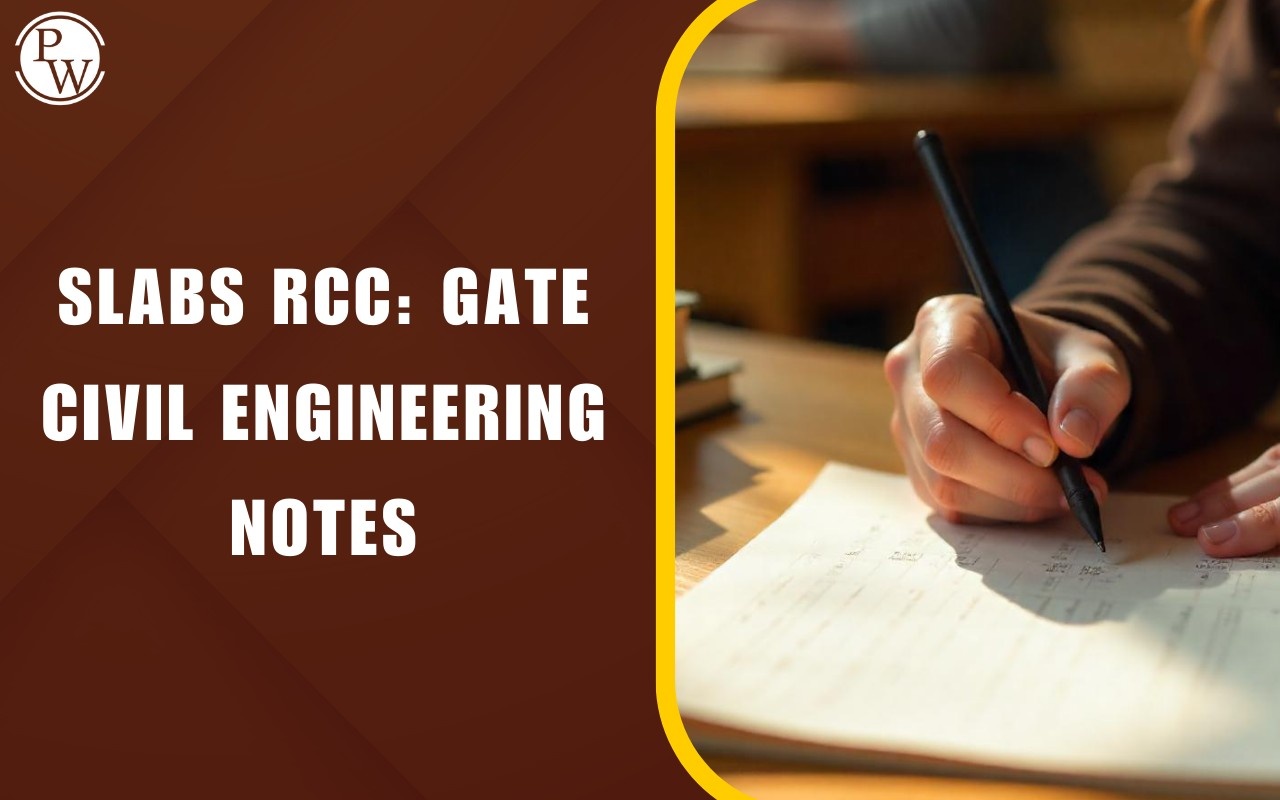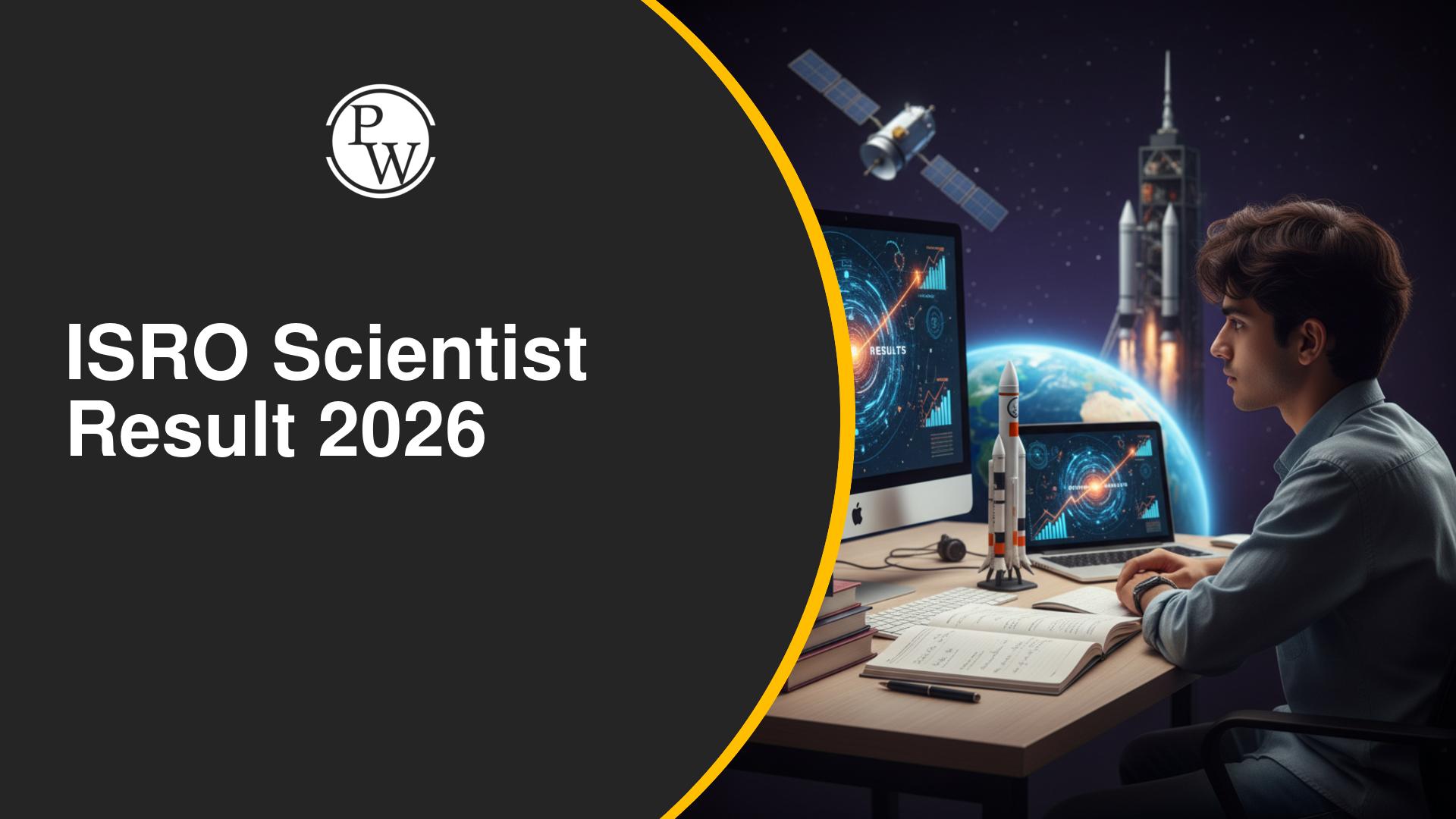
Mechanical Engineering Subjects - Mechanical Engineering is one of the earliest branches of engineering and is hence regarded as a core branch. Mechanical engineering is concerned with the application of mathematical and physical concepts to the design and maintenance of mechanical systems. The Bachelors of Technology (B.Tech) program is the undergraduate syllabus in Mechanical Engineering.
For candidates with a B.Tech in Mechanical Engineering, the next stage is the postgraduate program, sometimes known as M.Tech or Masters of Technology. The B.Tech program focuses on fundamentals and core subject learning through lectures, practicals, and tutorials. The M.Tech program focuses on research and advanced understanding of specific Mechanical Engineering principles . Also Read: GATE ME: Mechanical Engineering Exam 2024What is Mechanical Engineering?
Mechanical engineering is a branch of engineering that deals with machines, including their design, manufacture, and operation. Mechanical engineers play an important role in many industries, including biotechnology, energy conversion, computers, aircraft, electronics, and many more. A mechanical engineer's responsibility is to see a product through the entire development process, from concept to market. This necessitates a grasp of the environment that any system, product, or its parts will be exposed to, in order to design them appropriately while keeping elements such as durability, aesthetics, and functionality in mind. Also Suggested: GATE Mechanical Engineering 2023 Eligibility CriteriaMechanical Engineering Overview
Mechanical engineering will provide multiple job opportunities in a variety of disciplines such as heavy industries. Mechanical engineering education provides students with analytical and creative skills that aid in the design of a system or product, analytical tools for achieving design goals, teamwork skills to produce, design, and market a system, and finally, the ability to remove any constraints that may arise. The topics covered in this article include mechanical engineering subjects. The table below contains information such as course structure, course duration, top universities, top recruiters, and top job profiles that students may use to check some of the major highlights of the Mechanical Engineering course.| Mechanical Engineering Overview | |
| Particulars | Details |
| Course Level | Diploma, Undergraduate, Postgraduate, Doctorate |
| Eligibility | Diploma: Class 10 UG: Class 12 along with entrance examination PG: B.Tech + GATE Doctorate: M.Tech |
| Duration | Diploma: 3 years UG: 4 years PG: 2 years PhD: 3- 6 years |
| Examination Type | Semester |
| Course Fee | INR 1 - 15 Lakh |
| Top Colleges | IIT Bombay IIT Delhi DTU Jadavpur University Manipal Institute of Technology |
| Average Salary | INR 2 - 7 Lakhs |
| Top Career Prospects | Mechanical Engineer Design Engineer Assistant Mechanical Engineer Purchase and Quality Control Executive |
| Entrance Exams | JEE Main TS EAMCET WBJEE MHT CET |
| Top Recruiters | BMW Hindustan Petroleum Corporation Limited Tata Motors Toshiba, GE Global Research |
Mechanical Engineering Subjects
Mechanical engineering subjects cover a wide range of topics in various universities and colleges. The merging of these topics makes it an intriguing discipline of engineering. The following sections will provide you with an overview of the major Mechanical Engineering disciplines covered for various degree and recognition programs.- Material Science and Engineering
- Engineering Mechanics
- Heat Transfer
- Fluid Mechanics
- Machine Drawing
- Fluid Machinery
- Kinematic Analysis and Synthesis
- Workshop Practice
- Manufacturing Processes
- Applied Mechanics Lab
- Machining Technology and Metrology
- Dynamics of Machines
- Metrology and Metallography Lab
- Electrohydraulic Control Systems
- Measurement and Instrumentation
- Steam Power Plant
- Strength of material
- Industrial Management
- Engineering Drawing
- Theory of Machines
- Machine Design
- CAD/CAM
- Mechanics
- Mechatronics and Robotics
Mechanical Engineering Subjects - M.Tech
Following are the list of subjects of M.Tech in Mechanical Engineering are-|
Mechanical Engineering Subjects - M.Tech |
|
| Semester 1 | |
| Computer Organisation & Architecture | Data Structure & Algorithms Laboratory |
| Data Structure & Algorithms | Networks & System Programming Laboratory |
| Systems Programming & Operating Systems | - |
| Elective 1 | Elective 2 |
| Semester 2 | |
| Theoretical Foundations of Computer Science | Advanced-Data Base Management System |
| Distributed Computer Systems | - |
| Elective 3 | Elective 4 |
| Semester 3 | |
| Elective 5 | Elective 6 |
| Project Work (Phase-I) | - |
| Semester 4 | |
| Project Work (Phase-II) & Seminar | Viva-voce |
| Electives | |
| Web Technology & E-Commerce | Internet Technology |
| Advanced Windows Programming | Software Engineering & Project Management |
| Elements of Robotics | Mobile Computing |
| VLSI System Design | Real-Time & Embedded System |
| Cellular Automata & Its Applications | AI & Neural Network |
| Object Oriented Information System Design | Enterprise Computing Methodologies |
| Multimedia Technology | Digital Signal Processing |
| Image Processing & Pattern Recognition | Bio-informatics |
| Soft Computing | Courseware Engineering |
| Advanced Microprocessors | Parallel Computing |
| Compiler Construction | Cryptography and Computer Security |
Mechanical Engineering Subjects - B.Tech
During the four-year course, students will study various disciplines in order to develop theoretical knowledge of the subject. It includes a variety of core and elective disciplines that educate students to appreciate the subtleties of the Mechanical Engineering course. The semester-wise subjects for the Mechanical Engineering course are shown in the table below.|
Mechanical Engineering Subjects- B.Tech |
|
| Semester 1 | |
| Mathematics - I | Workshop - I |
| Chemistry | Electrical Sciences |
| Chemistry Laboratory | English*/HSS Elective |
| Physics-1 | Physical Training I |
| Engineering Drawing | NCC / NSS / NSO |
| Semester 2 | |
| Mathematics - II | Computing Laboratory |
| Engineering Mechanics | Basic Electronics Laboratory |
| Introduction to Computing | Physics Laboratory |
| Physics - II | Physical Training I |
| Modern Biology | NCC / NSS / NSO |
| Semester 3 | |
| HSS Elective | Thermodynamics |
| Mathematics - III | Machine Drawing |
| OOP and Data Structures | Physical Training III |
| Solid Mechanics | NCC / NSS / NSO |
| Fluid Mechanics-I | - |
| Semester 4 | |
| Science Elective | Mechanical Engg. Laboratory- I |
| HSS Elective | Electrical Machines |
| Engineering Materials | Electrical Machines Lab |
| Advanced Solid Mechanics | Physical Training IV |
| Fluid Mechanics-II | NCC / NSS / NSO |
| Workshop-II | - |
| Semester - 5 | |
| Manufacturing Technology - I | Heat and Mass Transfer |
| Mechanical Measurements | Mechanical Engineering Laboratory-II |
| Design of Machine Elements | Applied Thermodynamics - I |
| Kinematics of Machinery | - |
| Semester - 6 | |
| HSS elective | Control Systems |
| Manufacturing Technology-II | Mechanical Engineering Laboratory- III |
| Machine Design | Applied Thermodynamics - II |
| Dynamics of Machinery | - |
| Semester - 7 | |
| Summer Training | Departmental Elective-II |
| Open Elective - I | Mechanical Engineering Laboratory- IV |
| Industrial Engineering & Operations Research | Project-I |
| Departmental Elective-I | - |
| Semester - 8 | |
| HSS Elective | Departmental Elective-IV |
| Open Elective-II | Project-II |
| Departmental Elective-III | - |
Mechanical Engineering Subjects in GATE Exam
Candidates for the GATE 2024 mechanical engineering exam should explore the GATE 2024 mechanical engineering syllabus for better preparation. It is advised that candidates study the GATE syllabus for mechanical engineering 2024 and the official GATE exam pattern in order to prepare for the exam effectively. Candidates can use the table below to understand the entire GATE 2024 mechanical engineering syllabus.GATE 2024 Mechanical Engineering Syllabus For General Aptitude
The GATE ME General Aptitude syllabus assesses candidates' verbal and numerical reasoning skills. To be successful in a range of technical vocations, one must be able to absorb and use written knowledge, analyze data, solve problems, and develop logical conclusions.| GATE ME Syllabus 2024 For General Aptitude | |
| Topics | Syllabus |
| Verbal Aptitude |
|
| Quantitative Aptitude |
|
| Analytical Aptitude |
|
| Spatial Aptitude |
|
GATE 2024 Mechanical Engineering Syllabus For Engineering Mathematics
There are seven main topics covered in the engineering mathematics section of the GATE Mechanical Engineering syllabus 2024 are transform theory, complex variables, probability and statistics, differential equations, linear algebra, and calculus. As seen below, these topics are further separated into their respective subjects.| GATE ME Syllabus 2024 For Engineering Mathematics | |
| Sub-topics | Syllabus |
| Linear Algebra |
|
| Calculus |
|
| Differential Equations |
|
| Vector Analysis |
|
| Complex Analysis |
|
| Probability and Statistics |
|
GATE 2024 Mechanical Engineering Syllabus For Core Subjects
Candidates must be familiar with the GATE Mechanical Engineering Syllabus 2024 in order to prepare effectively for the examination. The Mechanical Engineering GATE syllabus is shown in the table below.| GATE 2024 Mechanical Engineering Syllabus for Core Subjects | |
| Topics | Sub-Topics |
|
Applied Mechanics and Design |
|
| Engineering Mechanics | Free-body diagrams and equilibrium; friction and its applications including rolling friction, belt-pulley, brakes, clutches, screw jack, wedge, vehicles, etc.; trusses and frames; virtual work; kinematics and dynamics of rigid bodies in plane motion; impulse and momentum (linear and angular) and energy formulations; Lagrange’s equation |
| Mechanics of Materials | Stress and strain, elastic constants, Poisson’s ratio; Mohr’s circle for plane stress and plane strain; thin cylinders; shear force and bending moment diagrams; bending and shear stresses; concept of shear centre; deflection of beams; torsion of circular shafts; Euler’s theory of columns; energy methods; thermal stresses; strain gauges and rosettes; testing of materials with universal testing machine; testing of hardness and impact strength |
| Theory of Machines | Displacement, velocity and acceleration analysis of plane mechanisms; dynamic analysis of linkages; cams; gears and gear trains; flywheels and governors; balancing of reciprocating and rotating masses; gyroscope |
| Vibrations | Free and forced vibration of single degree of freedom systems, effect of damping; vibration isolation; resonance; critical speeds of shafts |
| Machine Design | Design for static and dynamic loading; failure theories; fatigue strength and the SN diagram; principles of the design of machine elements such as bolted, riveted and welded joints; shafts, gears, rolling and sliding contact bearings, brakes and clutches, springs |
|
Fluid Mechanics and Thermal Sciences |
|
| Fluid Mechanics | Fluid properties; fluid statics, forces on submerged bodies, stability of floating bodies; control-volume analysis of mass, momentum and energy; fluid acceleration; differential equations of continuity and momentum; Bernoulli’s equation; dimensional analysis; viscous flow of incompressible fluids, boundary layer, elementary turbulent flow, flow through pipes, head losses in pipes, bends and fittings; basics of compressible fluid flow |
| Heat-Transfer | Modes of heat transfer; one-dimensional heat conduction, resistance concept and electrical analogy, heat transfer through fins; unsteady heat conduction, lumped parameter system, Heisler’s charts; thermal boundary layer, dimensionless parameters in free and forced convective heat transfer, heat transfer correlations for flow over flat plates and through pipes, effect of turbulence; heat exchanger performance, LMTD and NTU methods; radiative heat transfer, Stefan-Boltzmann law, Wien’s displacement law, black and grey surfaces, view factors, radiation network analysis |
| Thermodynamics | Thermodynamic systems and processes; properties of pure substances, behavior of ideal and real gases; zeroth and first laws of thermodynamics, calculation of work and heat in various processes; second law of thermodynamics; thermodynamic property charts and tables, availability and irreversibility; thermodynamic relations |
| Applications | Power Engineering: Air and gas compressors; vapour and gas power cycles, concepts of regeneration and reheat. I.C. Engines: Air-standard Otto, Diesel and dual cycles. Refrigeration and air-conditioning: Vapour and gas refrigeration and heat pump cycles; properties of moist air, psychrometric chart, basic psychrometric processes. Turbomachinery: Impulse and reaction principles, velocity diagrams, Pelton-wheel, Francis and Kaplan turbines; steam and gas turbines |
|
Materials, Manufacturing, and Industrial Engineering |
|
| Engineering Materials | Structure and properties of engineering materials, phase diagrams, heat treatment, stress-strain diagrams for engineering materials |
| Casting, Forming and Joining Processes | Different types of castings, design of patterns, moulds and cores; solidification and cooling; riser and gating design. Plastic deformation and yield criteria; fundamentals of hot and cold working processes; load estimation for bulk (forging, rolling, extrusion, drawing) and sheet (shearing, deep drawing, bending) metal forming processes; principles of powder metallurgy. Principles of welding, brazing, soldering and adhesive bonding |
| Machining and Machine Tool Operations | Mechanics of machining; basic machine tools; single and multi-point cutting tools, tool geometry and materials, tool life and wear; economics of machining; principles of non-traditional machining processes; principles of work holding, jigs and fixtures; abrasive machining processes; NC/CNC machines and CNC programming |
| Metrology and Inspection | Limits, fits and tolerances; linear and angular measurements; comparators; interferometry; form and finish measurement; alignment and testing methods; tolerance analysis in manufacturing and assembly; concepts of coordinate-measuring machine (CMM) |
| Computer Integrated Manufacturing | Basic concepts of CAD/CAM and their integration tools; additive manufacturing |
| Production Planning and Control | Forecasting models, aggregate production planning, scheduling, materials requirement planning; lean manufacturing |
| Inventory Control | Deterministic models; safety stock inventory control systems |
| Operations Research | Linear programming, simplex method, transportation, assignment, network flow models, simple queuing models, PERT and CPM |
Mechanical Engineering Subjects Important Books
Books are the most effective resource for exam preparation. However, when studying for the GATE 2024 Mechanical Engineering exam, it is essential to select the best book. Candidates should be aware of the GATE exam curriculum for mechanical engineering before selecting a book for the GATE ME examination. We've compiled a selection of books for mechanical engineering students taking the GATE exam. Candidates can read the subject wise standard books for the Gate mechanical engineering syllabus. If you want to earn good marks, you should prepare with the best books.|
Mechanical Engineering Subjects Important Books |
||
| Topics Covered | Name of the Book | Author |
| Thermodynamics | Engineering Thermodynamics | P K Nag |
| Thermodynamics: An Engineering Approach | Yunus A Cengel | |
| Industrial Engineering | Industrial Engineering and Management | O P Khanna |
| Material Science | Material Science and Metallurgy | U C Jindal |
| Manufacturing | Production Technology: Book of Technology, Manufacturing Processes, and Automation | R K Jain |
| Machine Theory | The Theory of Machines | S S Ratan |
| Heat Transfer | Engineering Heat and Mass Transfer | R C Sachdeva |
| Vibrations | Mechanical Vibrations | G K Grover |
| Engineering Mechanics | Engineering Mechanics- New Age International | S S Bhavikatti |
| Higher engineering mathematics | B S Grewal | |
| Aptitude | Verbal & Non-Verbal Reasoning Book | R S Aggarwal |
| Material Strength | Strength of Materials | James M Gere, Stephen P Timoshenko |
|
PW Important Books for GATE 2024 |
|
| Book Name | Purchase Link |
| GATE Wallah Topic Wise PYQ Combo: Computer Science & IT + Engineering Mathematics & Aptitude | Click Here |
| GATE Wallah Topic Wise PYQ Combo: Mechanical Engineering + Engineering Mathematics & Aptitude | Click Here |
| GATE Wallah Topic Wise PYQ Combo: Electronics & Communication Engineering + Engineering Mathematics & Aptitude | Click Here |
| GATE Wallah Topic Wise PYQ Combo: Electrical Engineering + Engineering Mathematics & Aptitude | Click Here |
| GATE Wallah Topic Wise PYQ Combo: Civil Engineering + Engineering Mathematics & Aptitude | Click Here |
| GATE Wallah Topic Wise Previous Year Questions – Mechanical Engineering | Click Here |
| GATE Wallah Topic Wise Previous Year Questions – Civil Engineering | Click Here |
| GATE Wallah Topic Wise PYQ Combo: Computer Science & IT Engineering | Click Here |
| GATE Wallah Topic Wise PYQ Combo: Electronic and Communication Engineering | Click Here |
| GATE Wallah Topic Wise PYQ Combo: Electrical Engineering | Click Here |
| GATE Wallah Topic Wise PYQ Combo: Engineering Mathematics & General Aptitude | Click Here |
Mechanical Engineering Subjects FAQs
What are the core subjects of Mechanical Engineering?
What is the structure of a mechanical engineering B.Tech program?
Can a Biology student in the 12th grade study Mechanical Engineering?
What laboratories are covered in the Mechanical Engineering Syllabus?

